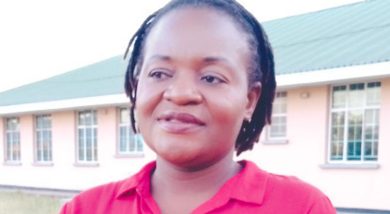Spain becomes Malawi’s EU envoy
Spain has accepted to advance Malawi’s interests in the European Union (EU), the world largest socio-economic bloc and one of the country’s development partners.
The deal was sealed in New York last week during a meeting between Malawi’s Foreign Affairs Minister George Chaponda and Spain’s permanent representative to the United Nations (UN), Roman Oyarzun Marchesi.
“We have accepted to be Malawi’s broker in the EU. This means we will be your ambassador inside the EU,” said Marchesi in an interview with Weekend Nation after a meeting that took place at the Spanish Embassy.
Marchesi explained that as Malawi’s envoy, Spain will advocate the support the EU needs to provide to Malawi to deal with its development challenges, including fighting poverty and creation of wealth.
“Put simply, we will be the voice of Malawi during the deliberations of the EU,” he said.
In a separate interview, Chaponda expressed happiness that Malawi has found a voice among the EU membership, saying the development will help lend weight to the country’s appeal for donor support.
“As you know, Malawi has done well on the four of the eight Millennium Development Goals [MDGs]. Now, while we approach the post-2015 era, we need to identify a lot of resources to help us deal with the remaining four MDGs.
“Therefore, we need countries like Spain to assist us in lobbying for support and assistance in this regard,” said Chaponda.
Studies show that Malawi is on track to achieving half of the eight MDGs, namely reducing child mortality; combating HIV and Aids, Malaria and other diseased; ensuring environmental sustainability; and developing a global partnership for development.
However, the remaining four: eradicating extreme poverty and hunger; achieving universal access to education; ensuring gender equality and empowerment of women; and improving maternal health will not be achieved before the deadline of 2015.
At the Millennium Summit in September 2000, the largest gathering of world leaders in history adopted the UN Millennium Declaration, committing their nations to a new global partnership to reduce extreme poverty and setting out a series of time-bound targets, with a deadline of 2015, that have become known as the MDGs.
These are the world’s time-bound and quantified targets for addressing extreme poverty in its many dimensions—income poverty, hunger, disease, lack of adequate shelter and exclusion—while promoting gender equality, education, and environmental sustainability.





